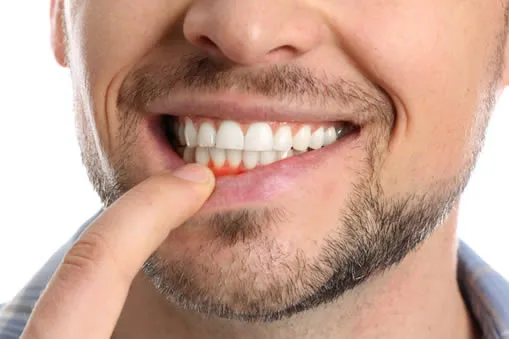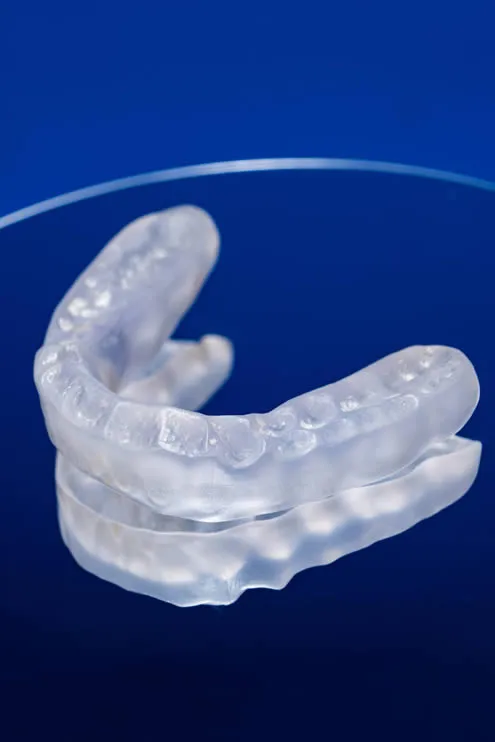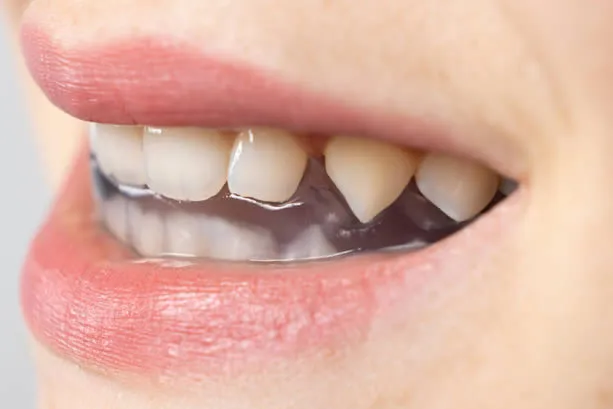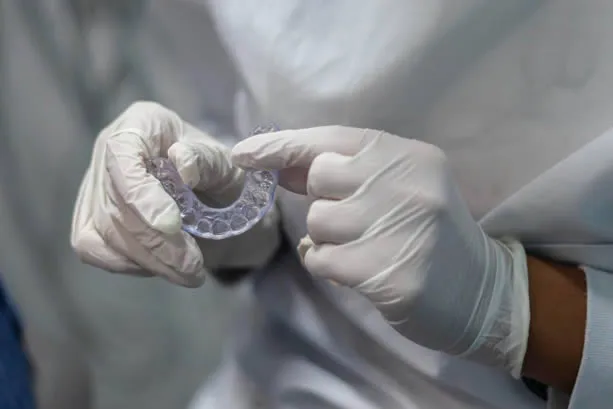Emergency Dentistry
EMERGENCY DENTISTRY
When a dental emergency strikes, it can be a stressful and painful experience. Whether you’re suffering from a severe toothache, a broken tooth, or any other urgent dental issue in Conyers or the surrounding area it’s crucial to seek immediate care and attention to alleviate your discomfort and prevent further damage. At our dental office, we understand the importance of providing timely emergency dentistry services to our patients in their time of need. Our team of experienced and compassionate dental professionals is dedicated to providing top-quality care to address any urgent dental issue and restore your oral health.

Our Dental Office Can Help With The Following:
***If you are experiencing severe pain, bleeding, or a medical emergency, please dial 911.***
- Severe toothache
- Broken or cracked tooth
- Knocked-out tooth
- Loose or missing filling or crown
- Fractured or dislocated jaw
- Pain or discomfort caused by orthodontic appliances
- Tooth decay or infection that is causing pain or discomfort
- Broken dentures or other dental appliances
- Sudden, unexplained changes in the appearance of teeth or gums
- Recurrent infections or abscesses in the mouth or gums.
- Gum or tooth abscess
- Bleeding gums
- Infection or swelling in the mouth or jaw
- Dislodged tooth or dental restoration
- Trauma to the mouth or teeth
- Pain or swelling after a dental procedure
- Pain or swelling after an injury to the face or jaw
- Oral bleeding that won’t stop
- A foreign object lodged in the mouth or teeth
- Pain Relief for Sore Gums








